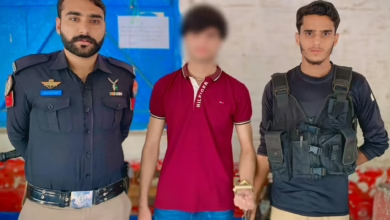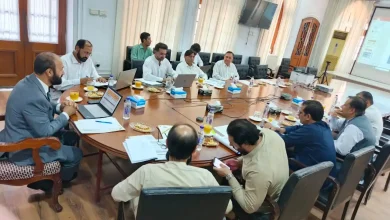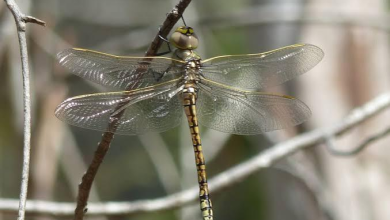The Balochistan Bano: Honour killings and the decay of justice in Pakistan
Honour killing refers to the act of killing a family member (usually a woman) to restore the perceived honour,

By: Usman Mohmand
Honour killing refers to the act of killing a family member (usually a woman) to restore the perceived honour, dignity and family reputation in society after the victim has committed an action considered immoral by society.
Such acts are prevalent in Baloch and Pashtun communities in Pakistan and often occur when a couple elopes to marry for love.
On July 20, 2025, a video clip went viral on social media about some people in Balochistan, armed with guns, killing a couple in the name of honour.
It is speculated that they had been married for approximately fifteen months.
At one moment, the woman named Bano cried out, “Don’t touch me, just shoot me.” Some sources claim that this video had been recorded months before, and the families shared it in the name of pride and honour.
To date, no FIR has been filed that implicates both families in this tragedy.
This is not just the first tragic reflection of deep-rooted social issues; there are lists of such cases where these morally acceptable deeds become the reason for someone’s death.
According to the 2025 World Report, about 1000 women are killed in so-called honour killings every year.
In addition, it targets rape, murder, acid attacks, domestic violence, denial of education, sexual harassment at work, and forced marriages are serious problems in Pakistan.
There are three types of judicial courts in Pakistan: state law, Sharia law, and tribal law. In Pakistan, tribal laws often override other legal systems.
A tribal court is a place where a woman cannot demand her rights and is not even allowed to speak in front of illiterate judges.
This tribal law system lies in different forms in different places and ethnic groups.
From the panchayat system among Punjabis and Sindhis to the Jirga system of Pashtuns and Baloches, such inhuman and unjust rules are often imposed on the locals, which lead to such incidents.
These bodies follow their own rules and constitution, which they expect to be strictly observed.
Patriarchy is the main cause which leads to much of such tragedies and unjust practices.
Most of the time, men are considered superior to women in these courts, and the majority of their judges are illiterate. Shockingly, even in the 21st century, stoning and whipping are still practised in response to actions that are considered halal in Islam.
Sometimes, clerics even issue subjective fatwas of blasphemy against individuals they dislike.
A very well-known case in this regard is that of Shaheed Mashal Khan, whose friends still deny the blasphemy allegations and regard him as a true Muslim.
In such an environment, a woman who dares to marry for love often risks her life.
Like Bano, many women know they may face death for exercising this basic human right and therefore end up marrying a man whom they cannot accept for the rest of their lives.
The root cause of all these evils is the lack of moral education. When people are unaware of human and women’s rights, such incidents become normalised.
We can provide moral education to our illiterate elders through videos, speakers, and to the youth through written materials.
They should be taught about human rights, the dignity of women in society, Islamic teachings about marriage, and women’s rights in marriage.
They should be taught that men and women have equal rights to access educational opportunities.
In addition, to minimise the influence of the Jirga system, the government must ensure that the constitution is enforced in every corner of the country.
Read also: Viral video of woman’s murder in Balochistan sparks widespread outrage on Social Media





